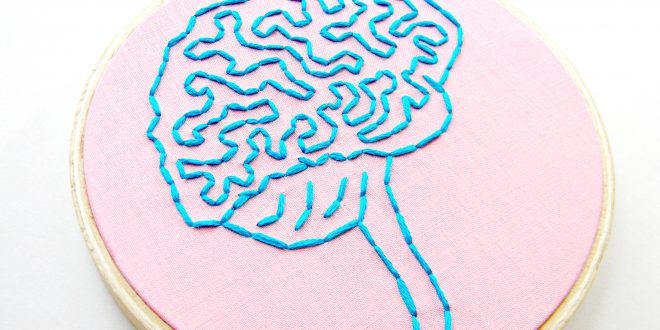
However, since the turn of the century, the landscape has changed. New personal practices (PPs) for therapists have emerged – for instance meditation-based programs associated with mindfulness and compassion-based practices (Raab, 2014) and self-practice/self-reflection (SP/SR) training programs, where therapists practice therapy techniques on themselves and reflect on the experience (Bennett-Levy, Thwaites, Haarhoff & Perry, 2015). The development of these new PPs makes it timely to ask: Are PPs of value, or not? Do PPs have a role in therapist development? How might PPs enhance therapist skilfulness? All PPs – or some more than others? Do different PPs act in similar or different ways?
Currently, the PP empirical literature provides a smorgasbord of practices, methodologies, methods, measures, questions, and ideas, with insufficient coherence to assist practitioners and researchers in their choice of PPs. This lack of clarity motivated our paper. Over the last two years, we have set out to develop a framework, the Personal Practice model, which can provide useful guidance for practitioners and researchers. To achieve this, we have combined a well-established theoretical model of therapist skill development (Bennett-Levy, 2006) with recent empirical research to develop a PP model that articulates the impact of PPs. The PP model identifies five key domains, related to therapist skilfulness, which appear responsive to PPs: personal development and wellbeing, self-awareness, interpersonal beliefs/attitudes/skills, reflective skills and conceptual/technical skills.
We anticipate that this PP model may assist researchers to answer questions about the value of PPs, and provide greater clarity for therapists, trainers and supervisors making decisions whether to include PPs in their practices – and if so, which one(s).
Read the full paper: Bennett-Levy, J. & Finlay-Jones, A. (in press). The role of personal practice in therapist skill development: a model to guide therapists, educators, supervisors and researchers. Cognitive Behaviour Therapy. doi:10.1080/16506073.2018.1434678
References
- Bennett-Levy, J. (2006). Therapist skills: A cognitive model of their acquisition and refinement. Behavioural and Cognitive Psychotherapy, 34, 57–78.
- Bennett-Levy, J., Thwaites, R., Haarhoff, B., & Perry, H. (2015). Experiencing CBT from the inside out: A self-practice/self-reflection workbook for therapists. New York, NY: Guilford.
- Raab, K. (2014). Mindfulness, self-compassion, and empathy among health care professionals: a review of the literature. Journal of Health Care Chaplaincy, 20, 95-108.
- Rønnestad, M. H., Orlinsky, D. E., & Wiseman, H. (2016). Professional development and personal therapy. In J. C. Norcross, G. R. VandenBos, & D. K. Freedheim (Eds.), Handbook of Clinical Psychology, Vol. 5 (pp. 223–235). Washington, DC: American Psychological Association.
Photo by: Hey Paul Studios
 Cognitive Behaviour Therapy A peer reviewed, multidisciplinary journal devoted to the application of behavioural and cognitive sciences to clinical psychology and psychotherapy.
Cognitive Behaviour Therapy A peer reviewed, multidisciplinary journal devoted to the application of behavioural and cognitive sciences to clinical psychology and psychotherapy.




